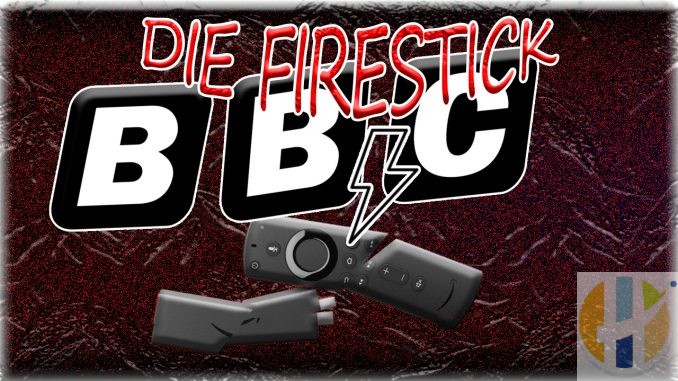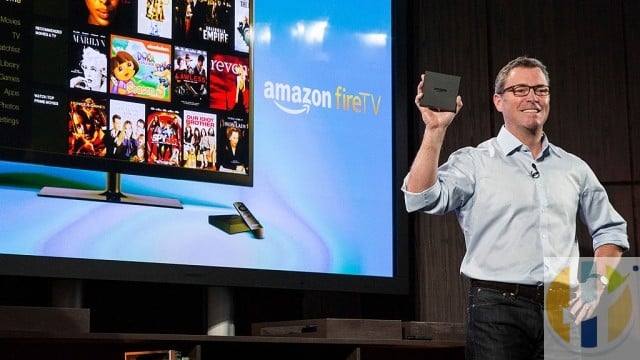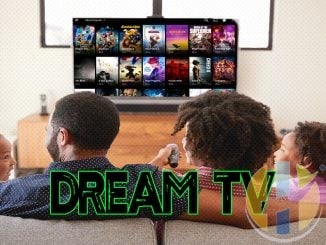
BBC Court to ban Amazon Firestick
BBC are Acting SH%T with Amazon Firestick, Please excuse my language, There is no easier way to say it. The BBC us acting like big corporation around the world and insitng they are doing it for the good of the public.
The rise of smart TVs and other devices is threatening the continuation of BBC, ITV and Channel 4 in the UK.
Long Story

This all started when back on July 10 2020 when ITV Boss gave a warning, that Amazon ‘smart TV’ sets could make British broadcasters disappear.
ITV’s leading executive had warned that the BBC and ITV programmes could become invisible on Amazon’s new range of “smart TVs” because UK broadcasters aren’t able to afford the fees paid by streaming giants to prioritise their content.
Dame Carolyn McCall, ITV chief executive, said the prominence that the traditional public service TV channels (BBC1, BBC2, ITV, STV, Channel 4, S4C and Channel 5) are given on electronic programme guides, is under threat.
The homepage of Amazon’s new JVC Fire TV set invites viewers to select from a dashboard of on-demand apps, such as Amazon Prime, Apple or Netflix, alongside other TV channels. Samsung’s popular “connected TVs” offer a similar option.
Amazon wants 30%
The ITV boss added: “We are currently negotiating with Amazon about their new TV and it is a difficult negotiation because there are no rules of engagement. We’re just a commercial player trying to get our position on Amazon TV. They want to take 30 per cent of our advertising on Amazon TV, advertising we worked very hard to get.”
Dame Carolyn suggested that UK retailers should not be allowed to sell smart TVs, unless they give prominence to public service broadcasters. “The way people discover content presented to them is now by manufacturers and algorithms,” she warned.
BBC subscription rejected
Sir David Clementi, BBC Chairman, backed Dame Carolyn. “I urge the Government to take legislative action to ensure that viewers can still easily find PSB content across the full range of devices from smart TVs to streaming sticks to set-top boxes,” he told the conference.
Sir David confirmed that the BBC had examined moving from a licence fee to a paid subscription model, like Netflix. “I have no doubt that the BBC would do well under a subscription model, given the quality of much of our output,” he said. But its programming would inevitably be skewed towards the “better off” who could afford to pay.
“It would no longer be the BBC you and I know. And it would no longer serve everyone.”
Law to ban Firestick

The BBC is calling for legislation to ban the sale of ‘plug-in’ devices, such as Amazon’s Fire TV Stick.
The rise of smart TVs and on-demand viewing is threatening the prominence that the BBC, ITV, Channel 4 and other UK public service broadcasters have traditionally enjoyed on electronic programme guides (EPG).
Instead of an EPG, smart TVs present viewers with ’tiles’ offering direct access to streaming platforms such as Netflix, Disney, YouTube and Amazon Prime.
The BBC fears its services could be shut out from Smart TVs and TV sticks which can charge the biggest players high fees for prominence.
The new law would “prevent providers of TV user interfaces (for example, smart TV manufacturers or global tech providers) from releasing products in the UK without complying with these rules.”
There could be “financial sanctions” for TV manufacturers which refuse to comply. “This would ensure original British programming and trusted news is universal, available to all and easily accessible,” Sumner said.
Media regulator Ofcom supports a law change to give services like the BBC iPlayer and ITV Hub guaranteed prominence on Smart TVs. Ministers are considering their response.
However Samsung has protested that a law ensuring PSB prominence on smart TVs
“could stifle the ability of TV manufacturers to develop new models and introduce different types of technology to improve the viewer experience.”
Submitting its response to Ofcom’s Public Service Broadcasting Review, the BBC also said it was opposed to the regulator’s suggestion that the licence fee be “top sliced” with a pot of cash given to new public service TV organisations.
This would “diminish the BBC’s scale and scope” at time that it needed to “compete with global players.”




